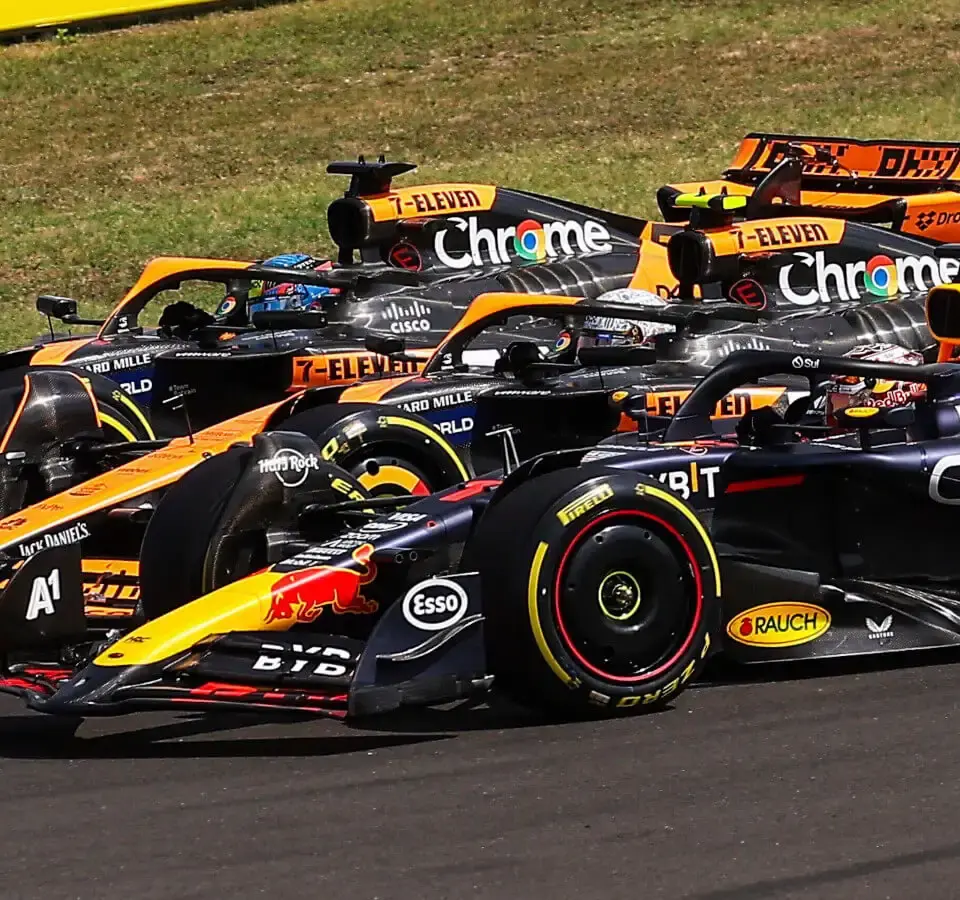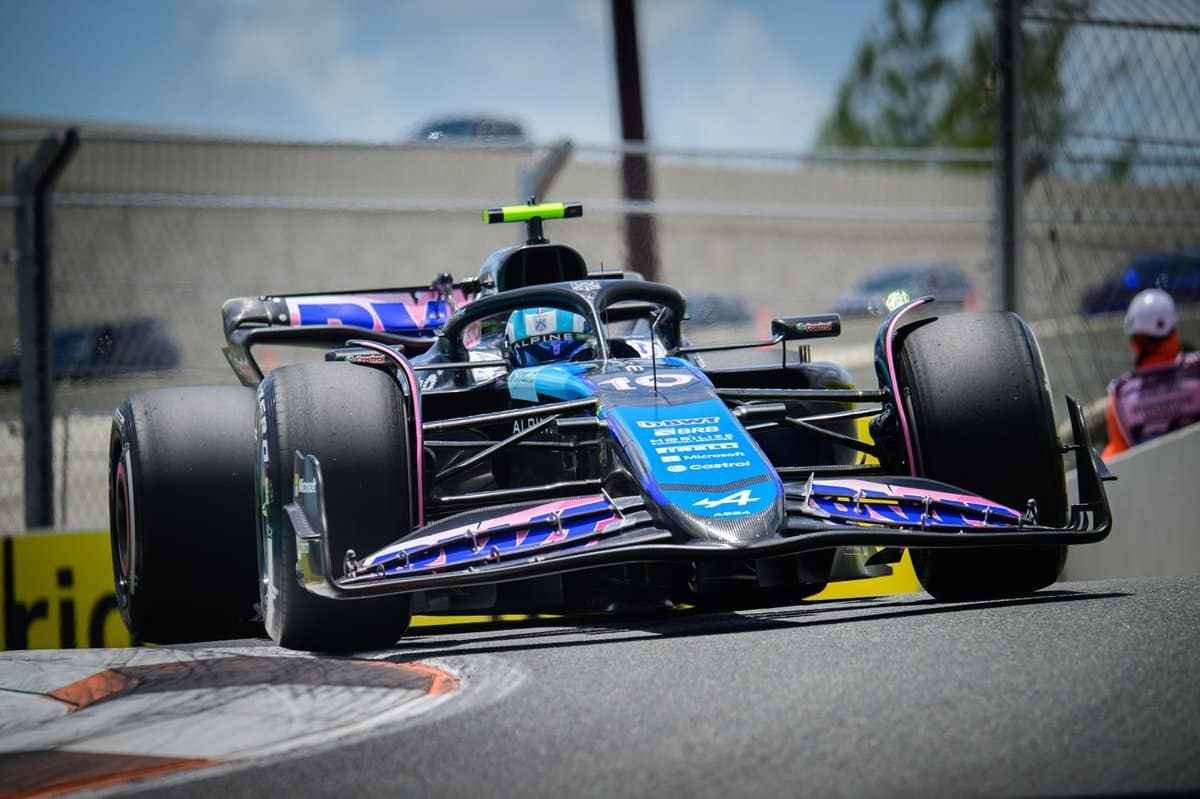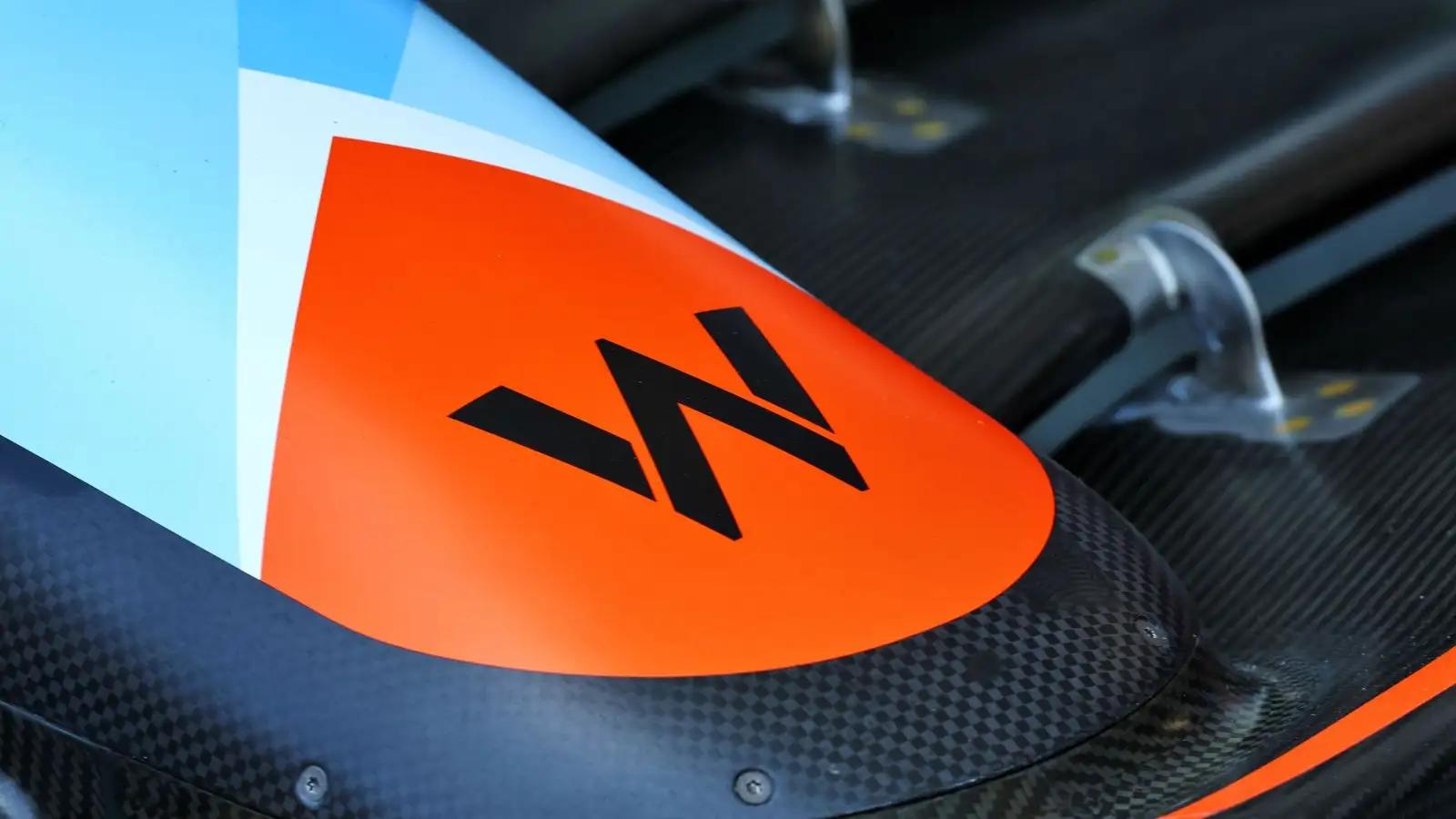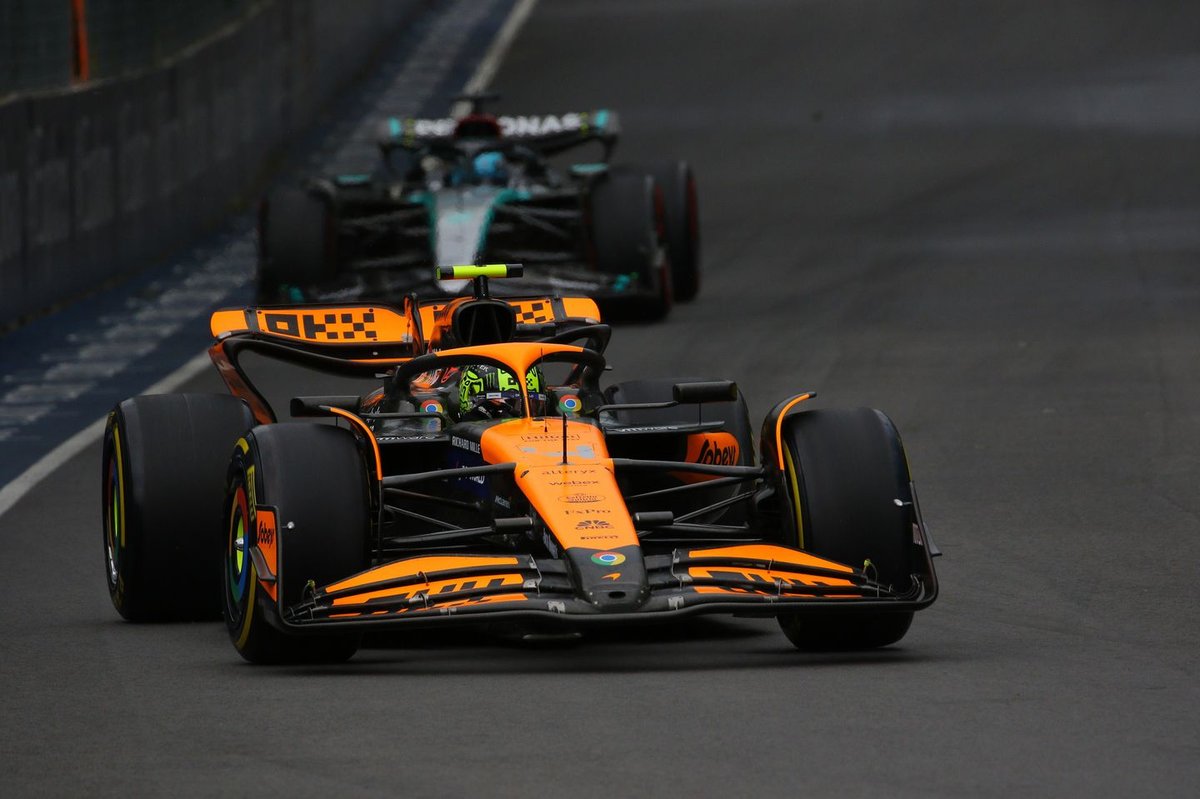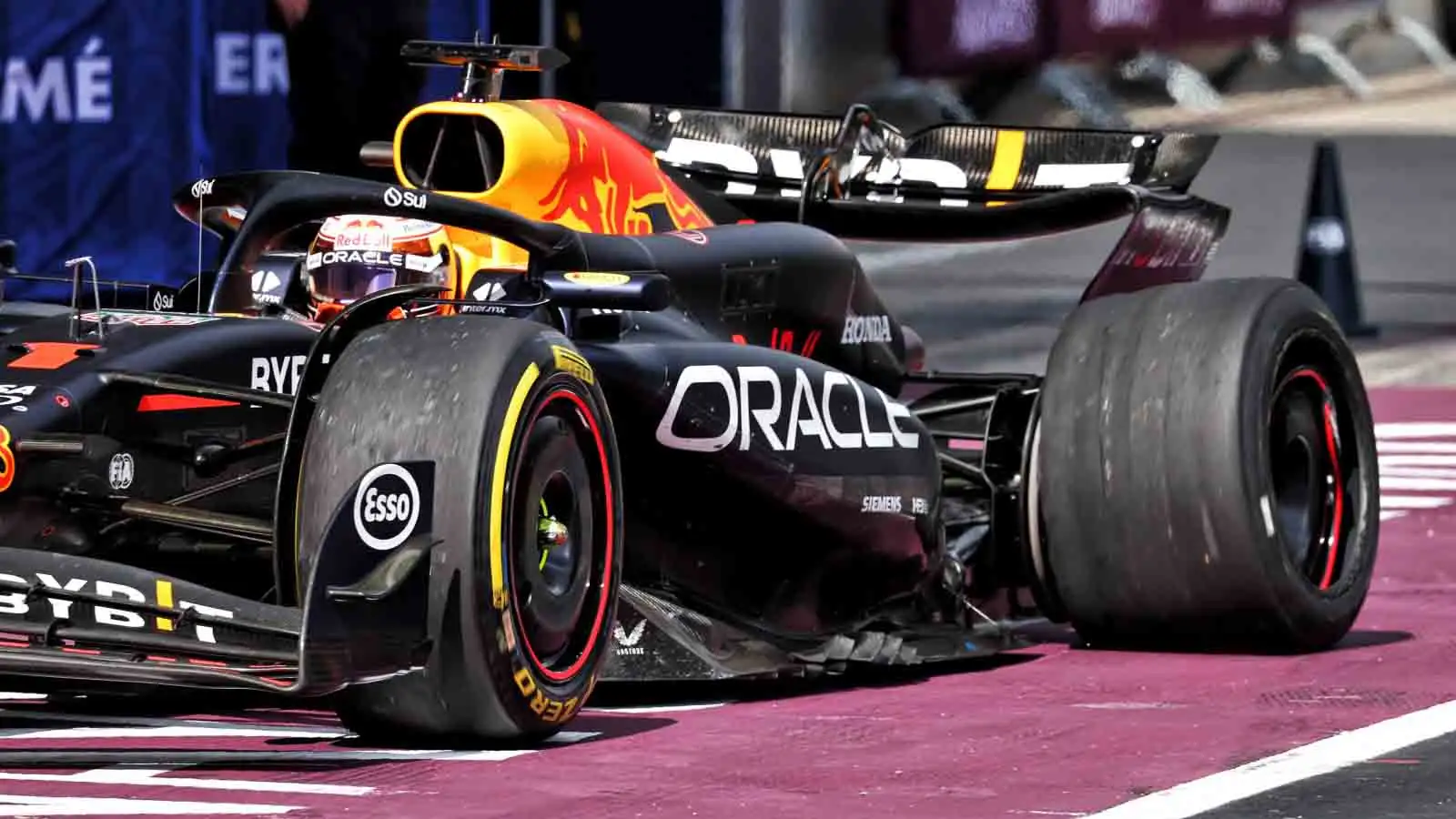The world of Formula 1 is set for another shift come 2026, as the FIA reveals a new approach to wheel rim regulations. No longer constrained by a single supplier, F1 teams will soon have the liberty to choose their own partners for wheel rims, marking a significant return to bespoke suppliers.
In 2022, Formula 1 made a dramatic switch to 18-inch wheels, moving away from its long-standing 13-inch structure. This change led to a single supplier setup, with BBS stepping up as the official source for wheel rims. Announced at the Tokyo Motor Show in early 2022, BBS enjoyed the status of being F1’s exclusive supplier, a position that allowed them to align closely with the FIA’s stringent specifications.
However, as teams pushed for more customization, the FIA re-evaluated its stance on wheel rim suppliers. After thorough considerations, the governing body concluded that providing freedom for teams to choose their rim suppliers would not lead to drastic performance shifts. This new rule allows teams to maintain their competitive edge without incurring significant costs in development.
The change comes with an interesting backdrop of suppliers like Enkei, OZ Racing, and AppTech possibly making a comeback to the field. These brands have been part of F1 history, contributing significantly to the cars’ performance. Teams now have the opportunity to engage with these and other suppliers, fostering innovation and adaptability to address any defects or customization needs.
Importantly, while teams can choose different suppliers, the technical regulations for the rims remain unchanged. The decision by Pirelli and the FIA to keep the 18-inch rims intact—despite a suggestion to revert to 16-inch wheels—ensures uniformity in terms of size and compatibility. It’s a nod to balancing innovation with standardization where the competition remains fair and fierce.
Yet, there’s a twist—teams might still lean towards BBS, given their vast experience with the current Pirelli tyres, a relationship they’ve honed over the past years. It’s a strategic decision for teams, one that combines reliability with the potential for innovation, driven by the dynamics of Formula 1’s ever-evolving landscape.
The upcoming rule change by the FIA underscores Formula 1’s commitment to innovation and flexibility. By opening up wheel rim supply, teams have new avenues for technical enhancement and strategic partnerships. Although BBS’s reign as a sole supplier might decline, the door is open for new collaborations that could redefine team strategies from 2026.
